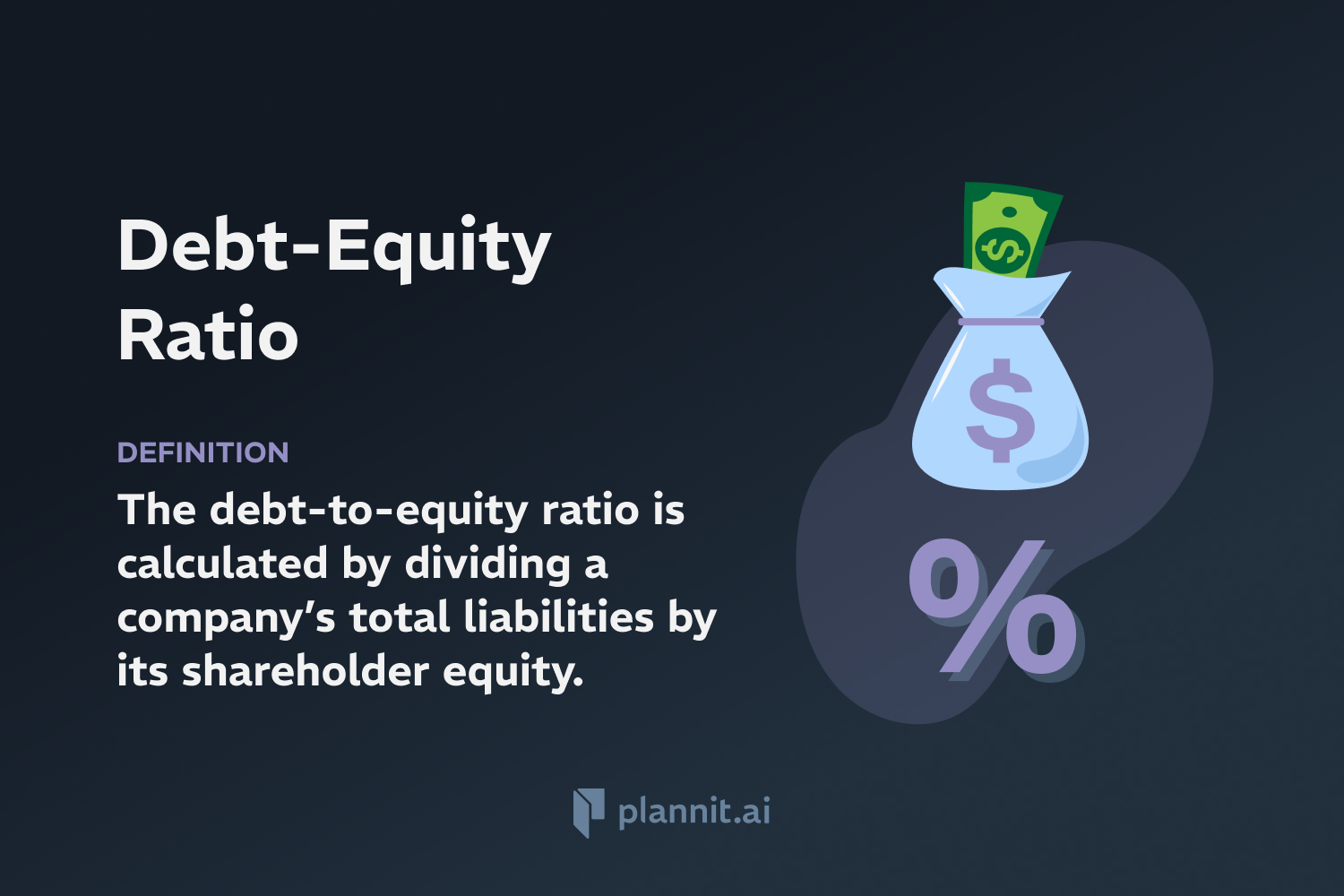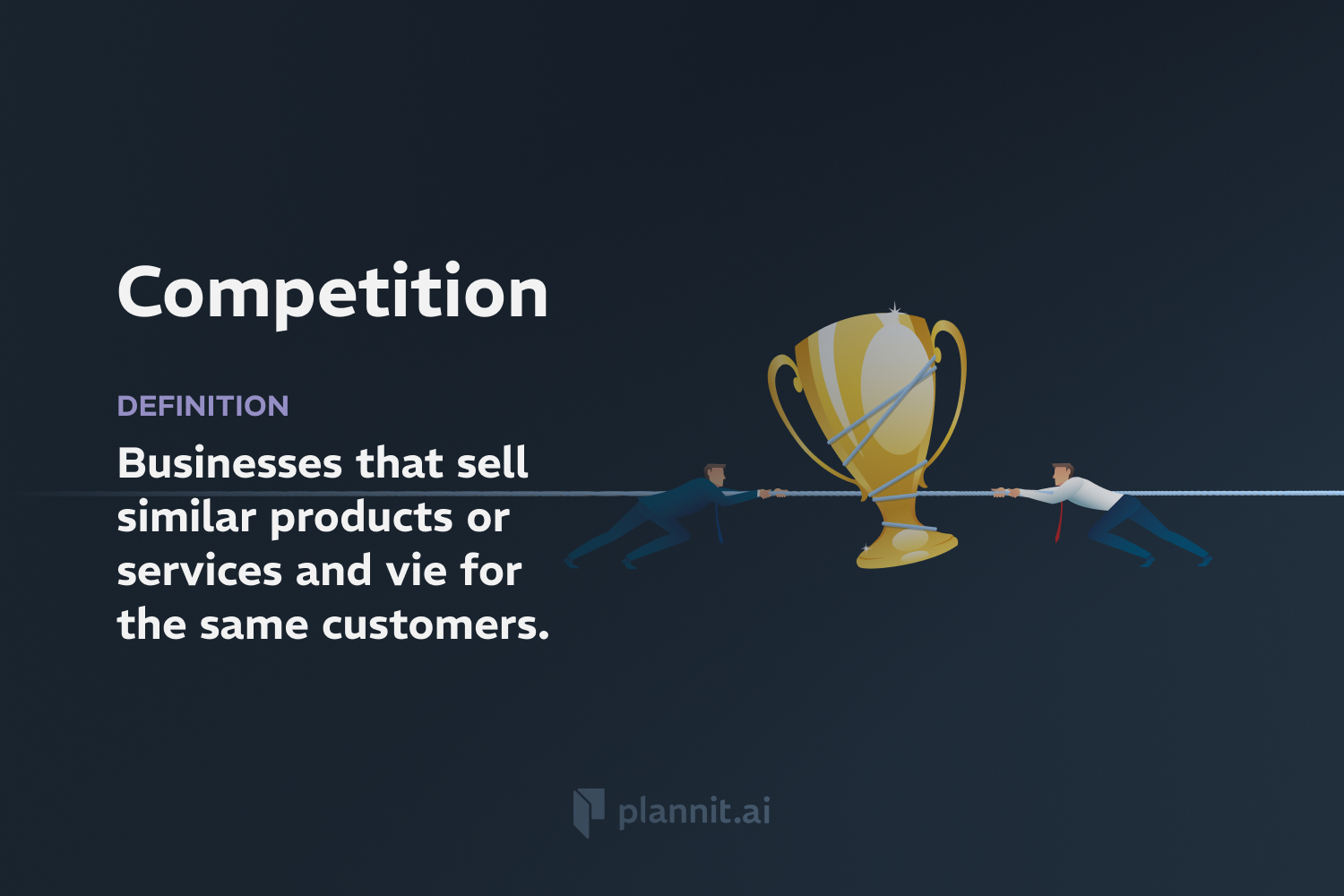Need Help With Your Business Plan?
Answer tailored questions and get a detailed business plan in minutes.
Employee Benefits: Definition & In-Depth Explanation
Employee benefits are various forms of non-wage compensation provided to employees in addition to their normal wages or salaries. These benefits are an essential part of the total compensation package offered by employers and can significantly influence job satisfaction, retention, and recruitment.
Purpose:
The purpose of offering employee benefits is to attract and retain talent, improve employee satisfaction and morale, enhance productivity, and promote overall well-being. Benefits can also help reduce turnover and absenteeism, as well as foster loyalty and a positive organizational culture.
Example:
Common examples of employee benefits include health insurance, retirement plans, paid time off, bonuses, stock options, tuition reimbursement, wellness programs, and flexible working arrangements.
Related Terms:
Compensation Package: The total remuneration provided to an employee, including base salary, bonuses, and benefits.
Health Insurance: A type of insurance coverage that pays for medical and surgical expenses incurred by the insured.
Retirement Plan: A financial arrangement designed to replace employment income upon retirement, such as a 401(k) or pension plan.
Work-Life Balance: The equilibrium between personal life and employment, often supported by benefits like flexible working hours and remote work options.
FAQs:
What are the most common types of employee benefits?
The most common types include health insurance, retirement plans, paid time off (vacation, sick leave), dental and vision insurance, life insurance, disability insurance, and wellness programs.
How do employee benefits impact job satisfaction?
Employee benefits can significantly enhance job satisfaction by providing financial security, health protection, and work-life balance. Satisfied employees are more likely to remain loyal and productive.
Are employee benefits taxable?
Some employee benefits, such as health insurance, are generally not taxable to the employee, while others, like bonuses or certain fringe benefits, may be subject to taxes.
Why do companies offer employee benefits?
Companies offer benefits to attract and retain talent, compete in the job market, boost employee morale and productivity, and comply with legal requirements. Benefits also help in promoting a positive organizational culture and supporting employees' overall well-being.
Can employee benefits vary by country?
Yes, employee benefits can vary significantly by country due to differences in labor laws, cultural expectations, and economic conditions. For example, European countries might offer more extensive parental leave compared to some other regions.
Get funding with a business plan that will impress investors.
Starting a New Business?



